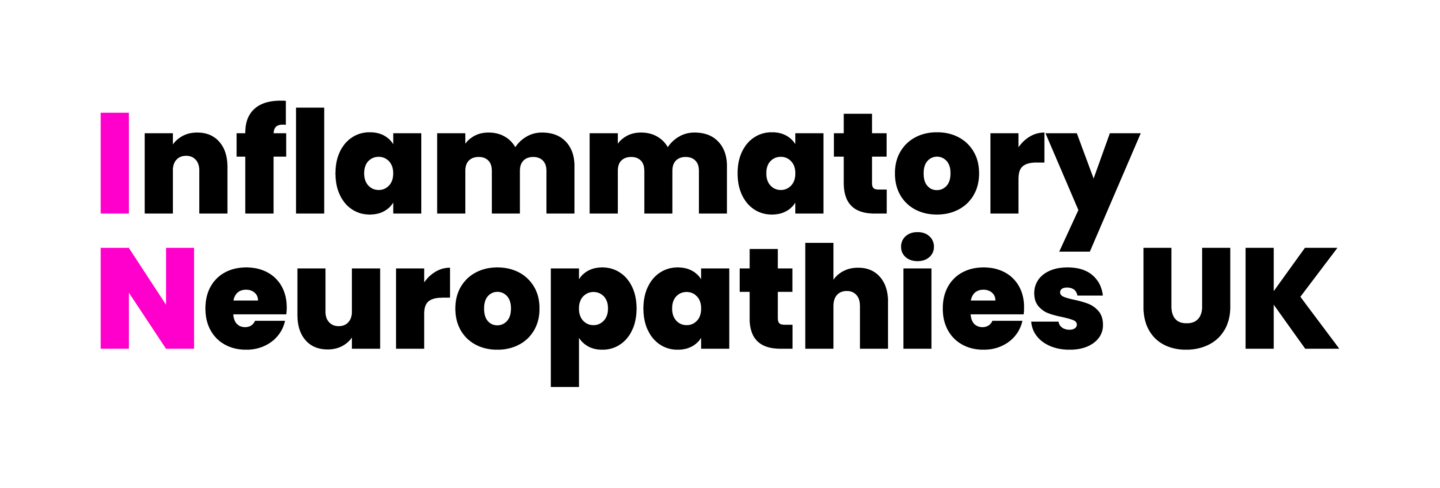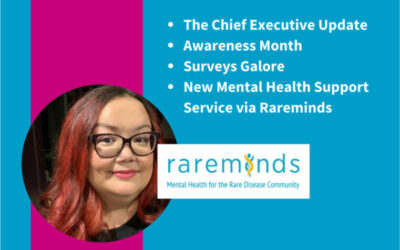One of the things that we get asked a lot about here at GAIN is about the symptoms of Guillain-Barré Syndrome (GBS). In this blog we are going to explore the things that most people talk about when they first get GBS, and also we will talk about what we call residuals, the ongoing symptoms that some people are left with after they have recovered from GBS.
If you want to find out what GBS is, then take a read of our What is GBS? blog.
Early Signs of GBS
People report that when they first start to feel unwell (with what is later confirmed as GBS) they:
- Feel numb
- Have pins and needles
- Get muscle weakness
- Have poor co-ordination
- Have problems with balance
- Get pain in their back and legs
These symptoms start rapidly, often in the feet and legs, then can quickly spread to other parts of the body. You normally get these symptoms on both sides of the body at the same time.
GBS Symptoms
Symptoms tend to get worse over the next few days, and will be at the worst normally within two weeks (four at most).
While some people may only have mild symptoms, some people may have:
- Difficulty walking
- Weak arms
- Weakness in your face and loss of expression
- Constipation
- Problems speaking and swallowing
- Severe pain
- Difficulty breathing
- Paralysis
It is important to say that not everyone with GBS will have all these symptoms, but if you are concerned that you may have GBS then you should seek help from a medical professional. Here in the UK, you should talk to your GP, call 111, or if it’s a real emergency go to A&E or call 999.
GBS Residuals
Most people who have had GBS go on to make a good recovery, but many people often report some ongoing symptoms after they have been discharged. We call these residuals.
Not everyone who has had GBS will have residuals, and like most aspects of GBS, everyone’s experience is likely to be different. However, there are a number of residuals that get reported to us here at GAIN. These include:
- Tingles in the hands and feet
- Weakness
- Aches and cramps
- Numbness, particularly in the feet
- Cold hands and feet
- Problems walking
- Problems with balance
- Brain-fog
- Fatigue
- Pain
- Fear of a reoccurrence of GBS
For most people, these residuals should reduce over time, but they may ‘flare up’ if you are ill or particularly tired or stressed. It is impossible to predict when these residuals will stop, for some its weeks and months, and for others they may remain for years. Some people who have had GBS are left with long term residuals, and a small number of people may be left with life changing disabilities, particularly around mobility and dexterity.
What to do about GBS Residuals
Most people are able to self-manage their residuals. For some people this is about adapting to living with them, for others it is using specific aids, adaptations, and equipment. Some people may need medication for pain relief. If you are experiencing ongoing pain after GBS, then speak to your GP about it.
Ongoing GBS Support
GAIN is here to support people and families impacted by GBS, offering information, advice, and guidance; providing practical support where it is needed; funding and undertaking research; and raising awareness. If you’re looking for support, to have a chat or ask questions, why not join our monthly Get Togethers or sign up for our GBS Newsletter.
If you want to know more then you can also read our blog series on GBS, or reach out to us, we are more than happy to support.




